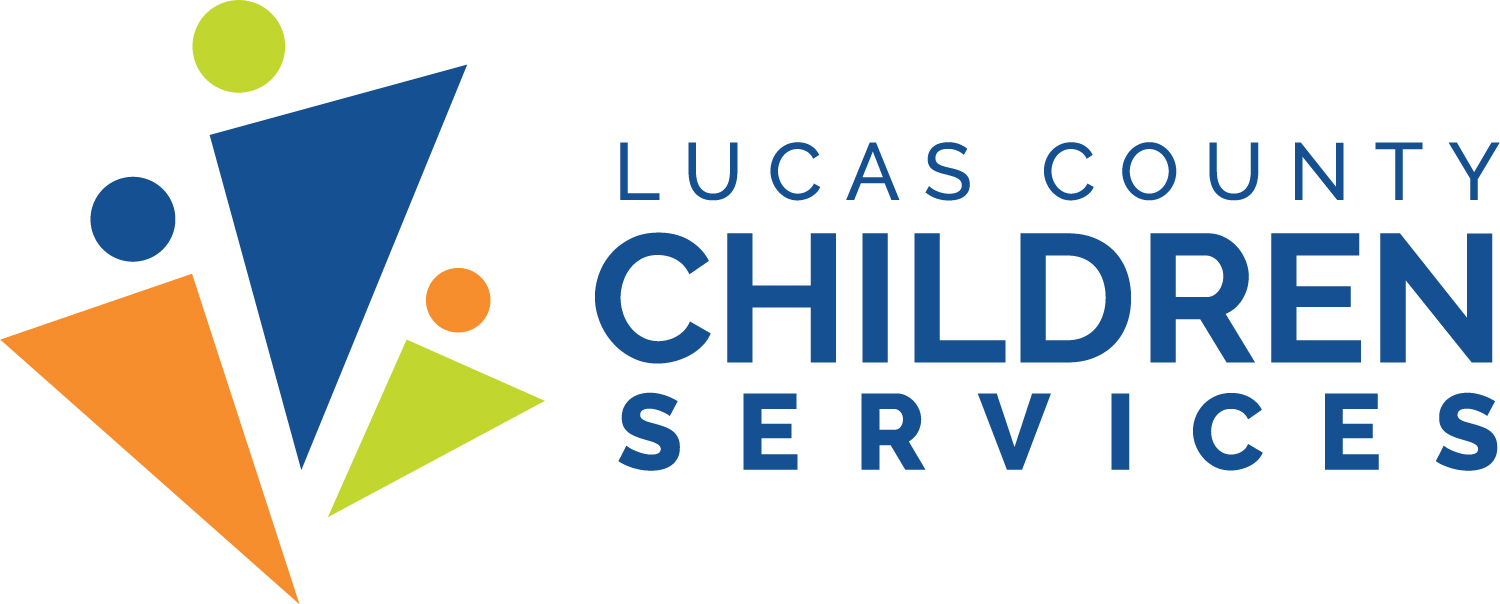Identifying the Abuser
Who, and Why
What we know about ourselves and our behavior tells us that any of us might abuse or neglect our children. Many of us have felt at times that life is more than we can handle. What stops us from giving up or lashing out are skills and mechanisms we have learned to control or divert our anger, accept and assume adult responsibility, recognize realistic boundaries of acceptable behavior and expectation, and seek and accept help and support. When adults are faced with a situation which requires the use of coping skills that have not been developed, child abuse or neglect often results.
Although this explanation is oversimplified, it does help us understand how abuse and neglect can occur. It also explains the term “cycle of child abuse and neglect.” Children learn from their parents. A child who has been raised in a home where violence is an accepted response to frustration will as an adult tend to react violently. The skills necessary for controlling anger or frustration are never learned. What is learned is violence.
In the same way, a parent who lacks self-esteem or maturity cannot instill these characteristics within his child. Without significant outside influences, the child is likely to become an adult who perceives himself and life in the same manner as his parent does. This is the cycle of child abuse and neglect: adults tend to repeat the actions and attitudes that they learn as children.
We can identify many skills as essential for good parenting and use them to identify families who may be experiencing problems of abuse or neglect. Frequently, adults who abuse or neglect children share characteristics that reflect their failure to learn these skills. We must remember, however, that child abuse and neglect is a multifaceted problem created through a mix of many ingredients, each unique and as complex as the individuals involved. An indicator of child abuse and neglect is a clue to a child’s possible need. As with any clue, it is only a small piece that must be fitted into a larger picture.
Adults who abuse or neglect children usually will share several of the following general characteristics:
Isolation
A shoulder to cry on and a friend to lean on are things most of us need. Adults who abuse or neglect children often do not have this support. They are isolated physically and emotionally from family, friends, neighbors, and organized groups. They may discourage social contact, and rarely will participate in school or community activities.
Poor Self-Concept
Many of these adults perceive themselves as bad, worthless, or unlovable. Children of parents with a poor self-concept often are regarded by their parents as deserving of abuse or neglect, because they see their children as reflections of themselves. They view abuse and neglect as behavior that is expected of them.
Immaturity
This characteristic may be reflected in many ways:
impulsive behavior; using the child to meet the adult’s own emotional or physical needs; a constant craving for change and excitement.
Lack of Parenting Knowledge
Many times, abuse or neglect results because the adult does not understand the child’s developmental needs. Society expects people to know the rights and wrongs of parenthood. But parenthood is a complex and difficult job. Abusive parents often are strict disciplinarians who are frustrated from unmet expectations. These parents tend to place unrealistic demands upon their children, and view their child’s inability to perform as willful, deliberate disobedience.
Substance Abuse
It has not been clearly established whether substance abuse is a causative or a resulting factor. However, studies consistently have shown a correlation between the misuse of drugs or alcohol and the occurrence of abuse and neglect.
Lack of Interpersonal Skills
The abusive or neglectful adult often has not learned to interact with people. How to form relationships, socialize, and work together are skills we learn in childhood.
Unmet Emotional Needs
Often, the abusive or neglectful parent has not had met the basic emotional needs which we all share — warmth, support and love. Unable to provide the child with these feelings which let us grow and mature, they will, instead, seek fulfillment from the child.
The adult may express these characteristics through different attitudes or actions. Certain adult behaviors and attitudes can be correlated with the occurrence of specific types of abuse or neglect.
